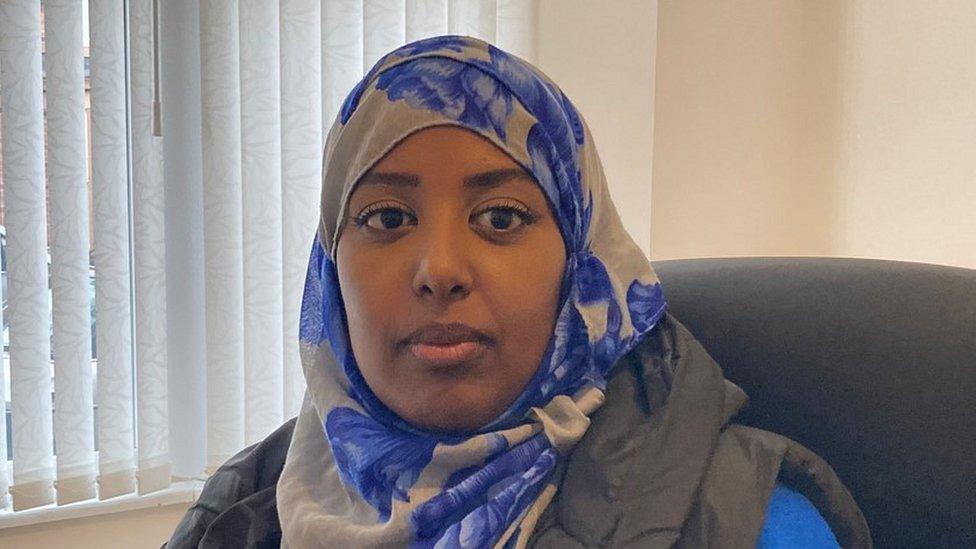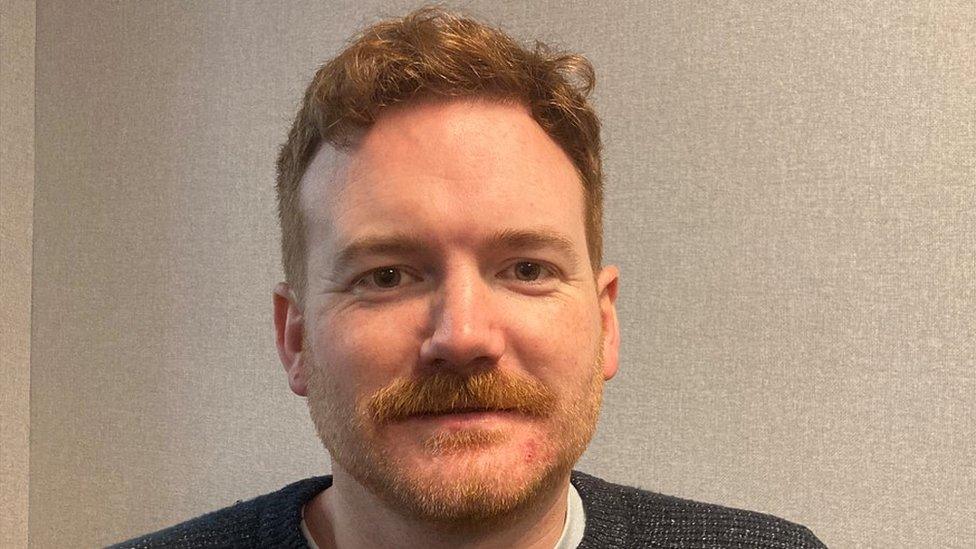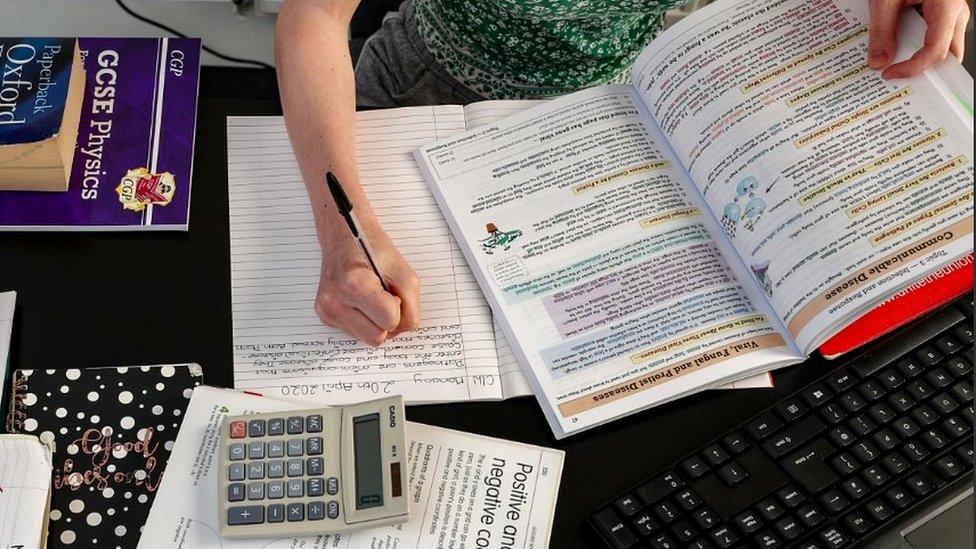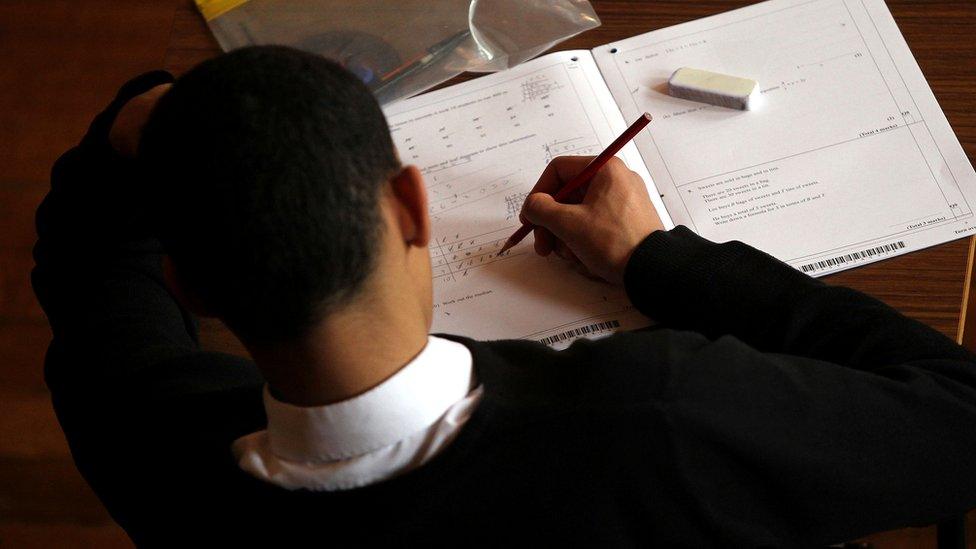Liverpool schools: How admission policies affect communities
- Published

Liverpool has the second highest number of faith-based schools in England
Research is under way in Liverpool to investigate the impact of schools' admissions policies in the city.
Some parents said the differing policies discriminated against children who do not attend church and does not take into account where families live.
For the second year running in Liverpool, 10% of Year 6 pupils were offered a place at a school not on their shortlist of five.
Overall, 67% of children received a place at their first choice.
The Granby Somali Women's group, which represents parents in the Liverpool 8 area, said they were less likely to get places at their local Christian schools because they were Muslim.
Fatima Adan, from the group, said parents were "frustrated and disappointed".
"Parents say they don't know why they've put down five different choices and didn't get any of them," she said.
"They say 'now my child is going to what used to be a special measures school in a different catchment area where my child is going to have to get two buses'… They are scared and afraid."

Fatima Adan says parents are "frustrated"
She added that parents could appeal "but we know that less than 1% of appeals are successful".
"For faith schools, you have to be from that faith, so if you are in an area where the majority of the population are not from that faith - then how are you catering for the local community?
"Academies have their own criteria - they can be random selections, so again it's unlikely that a large number of local children will get places."
The council's cabinet member for education Tom Logan acknowledged the problem and said it had happened by accident rather than design.
"It would be easier if government would just allow councils to open new schools," he said.
He said the schools' policies taken together seemed to "act disproportionally against certain people in certain postcodes".
Mr Logan added that a new academy was likely to open in Liverpool for September 2024.

Councillor Tom Logan says it would be "easier" if councils were allowed to open new schools
Solicitor Rachel Stalker, from Liverpool John Moores University, is gathering data about families' experience of the process and its outcomes, especially how it varies across different postcodes, ethnicities and faiths.
She said they would "also look at whether families who qualify for free school meals have different outcomes".
"Liverpool has the second highest number of faith based schools in England so it's quite unique," she said.
"There's also been the rise in the birth rate. So it's quite complex. We want to look at different issues - what's the difference year on year."

A new academy could open in Liverpool for September 2024
A listener, who does now wish to be named, contacted BBC Radio Merseyside about their granddaughter, who was also offered a place at a school which was not on their shortlist.
"This place is at a struggling school that would never have been her choice. It's a terrible disappointment and worry for all the parents of all the children concerned."
Another child's parent said they felt "cheated".
"As a 10-year-old, our child has struggled to understand why she has not secured a place at any of her desired schools.
"We have explained that the system is essentially a lottery but that is hard for a 10-year-old to rationalise.
"The schools in the area are clearly oversubscribed and that is a problem which needs a solution.
"In our view, the system is divisive, unfair and discriminatory."

Why not follow BBC North West on Facebook, external, Twitter, external and Instagram, external? You can also send story ideas to northwest.newsonline@bbc.co.uk, external
Related topics
- Published3 March

- Published13 March 2022
